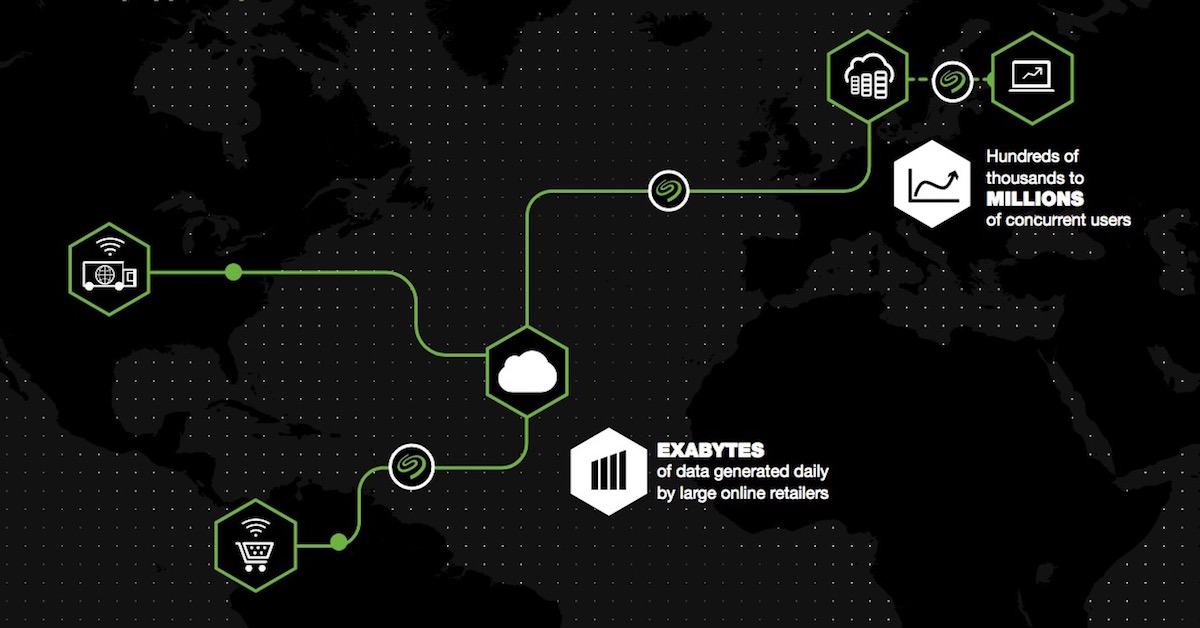New technology trends have a habit of establishing unrealistic expectations in regard to what the technology is capable of. In some cases, organizations can still find ways of leveraging the technology with minimum loss, but some persistent myths about technology like the cloud have led to some strained professional relationships in IT.
One of those conflicts, according to InfoWorld columnist Dan Tynan, arises from the database administrator's "insatiable appetite for storage." As Tynan pointed out, it can be tempting for some to think that cloud storage solutions are infinite in capacity, and that can cause tension when it comes time to pay for all that digital space. This makes it important to monitor capacity demands and incentivize employees to become more efficient. In addition, it's important for businesses to evaluate their data. After all, it may not be necessary to backup every piece of information; likewise, less critical data can be migrated to more affordable infrastructure.
Of course, it is an increasingly complex balancing act. On one hand, businesses should do all they can to become more efficient. On the other hand, limiting employees too much results in longer deployment times and unnecessary oversight. Another solution is to automate resource provisioning and enforcing limits with policy. This reduces the risk of efficiency lost while taking advantage of one of the cloud's primary advantages. Just as with cloud storage capacity, it's important not to get too carried away with automation.
As a recent Cloud Tweaks articled pointed out, truly effective businesses shouldn't automate everything. With regard to technological efficiencies, processes that leave a great deal of room for human error can be automated – backup, syncing, encryption – but employees will still need to be involved in establishing best practices and implementing policies.







